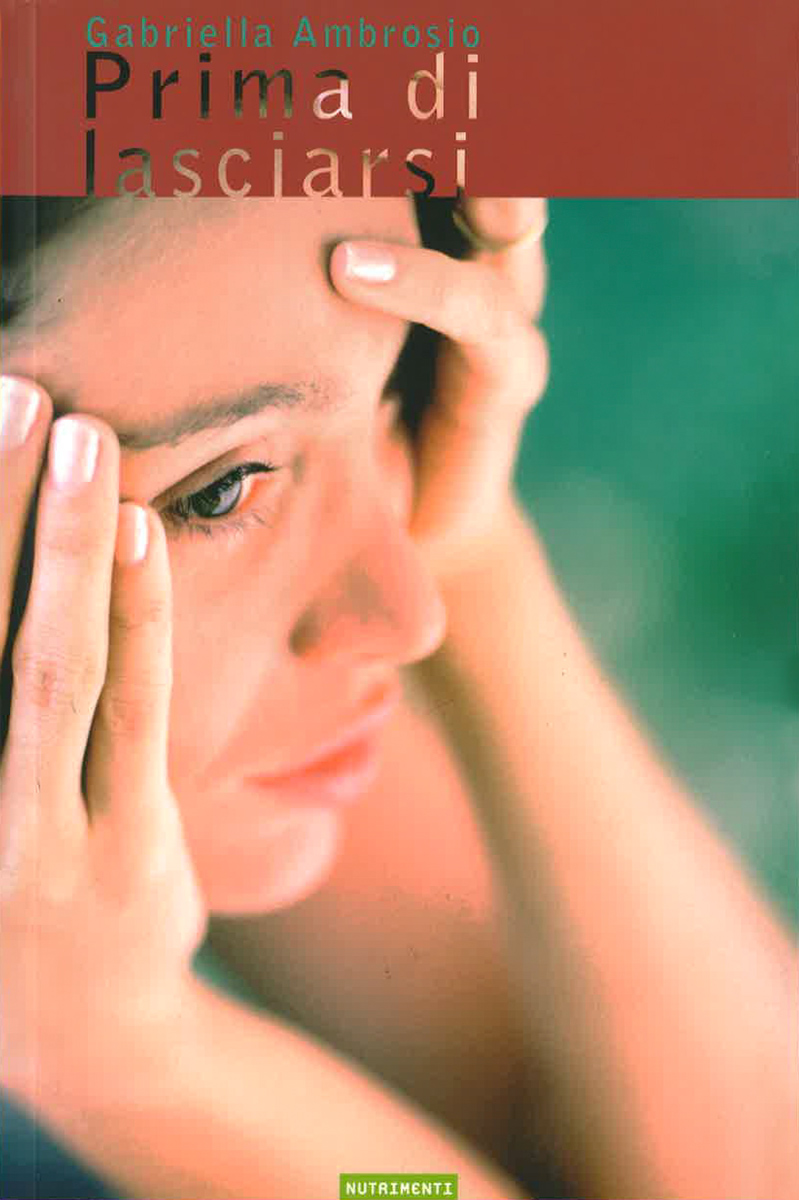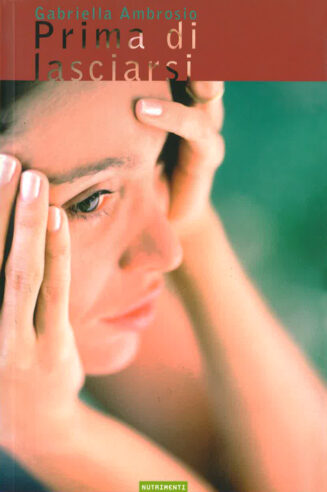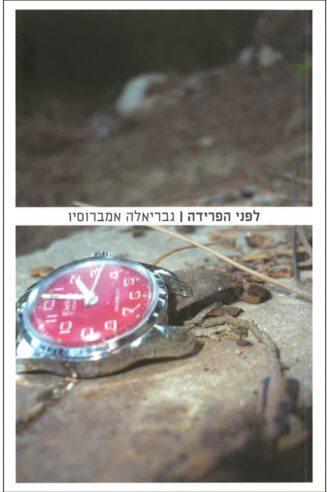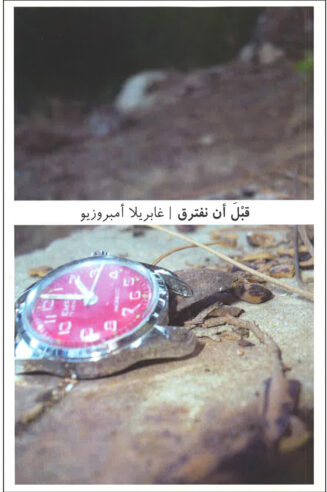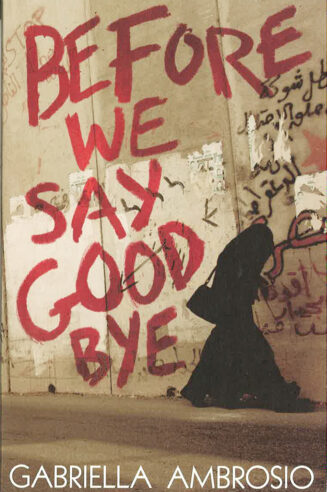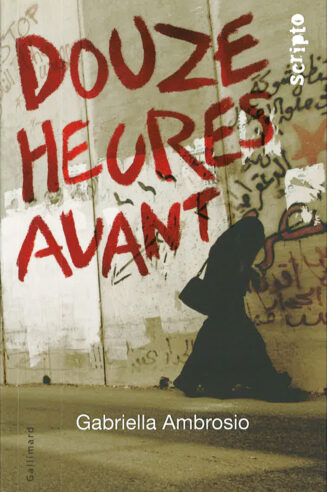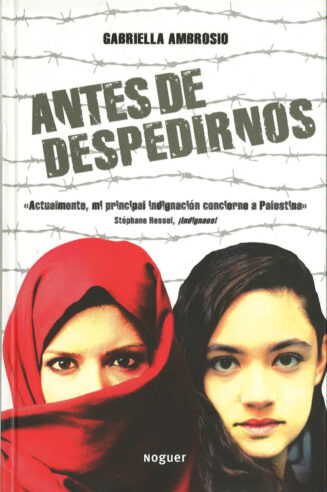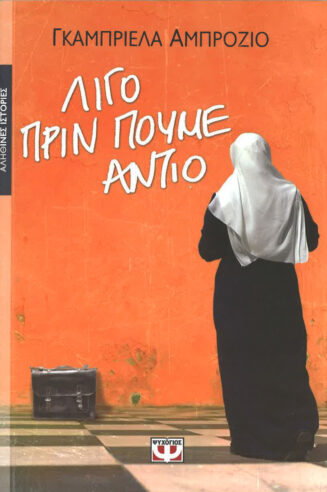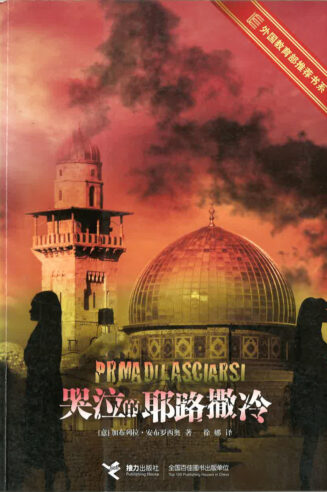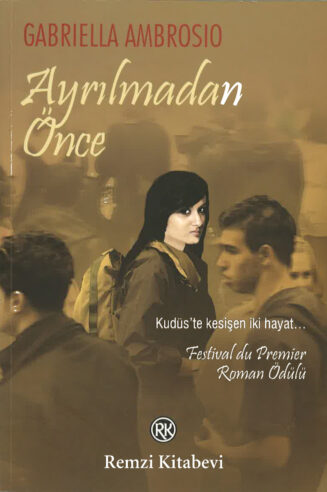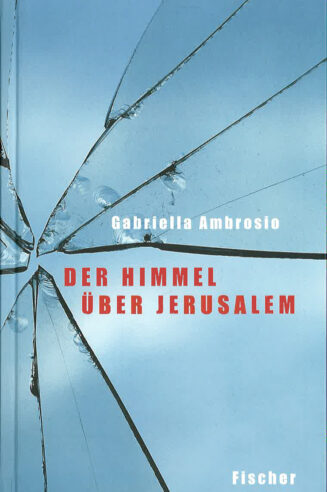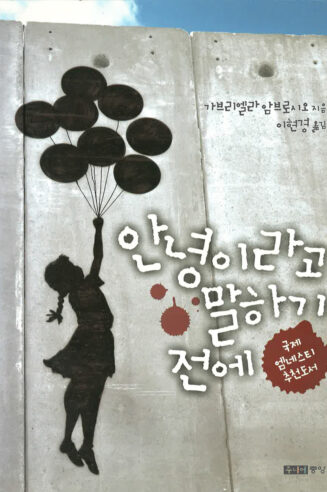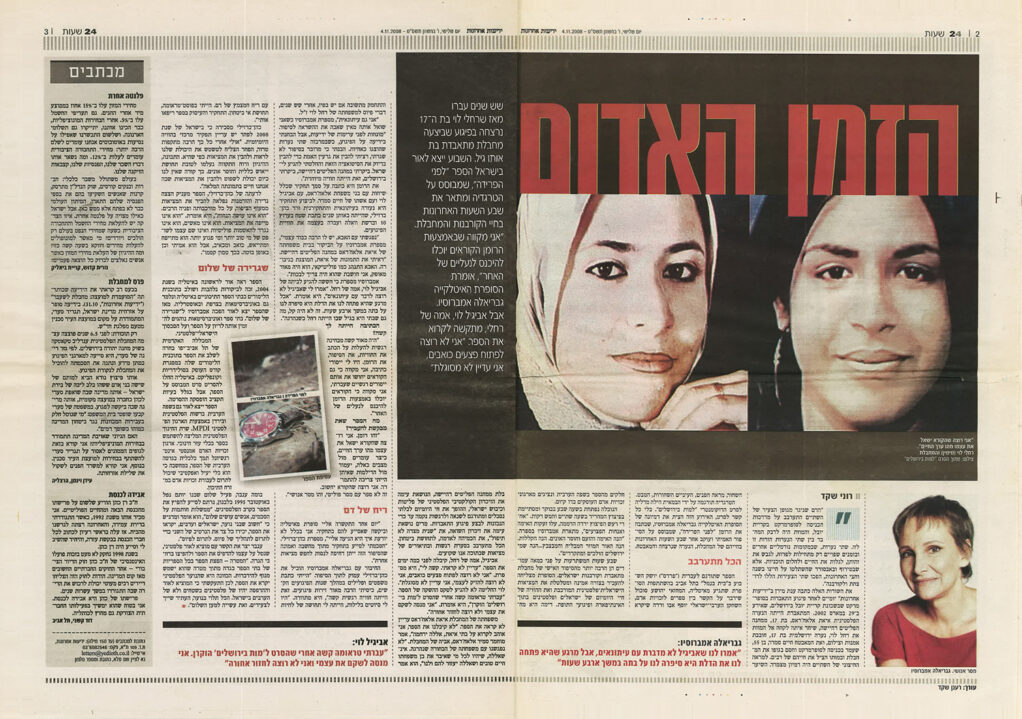Before we say goodbye
Publisher: Nutrimenti
Exit date: 1 luglio 2004
Pages: 101
A day apparently like any other, at the end of which an 18-year-old Palestinian girl blows herself up, dragging with her to her death an Israeli peer, who physically resembles her so much that Israeli television, in the first hours after the attack, goes into confusion and speaks of the bodies of ‘two kamikaze sisters’.
Freely adapted from the story by Ayat al-Akhras and Rachel Levi, Jerusalem 2002.
ACKNOWLEDGMENTS
Winner of the Festival du Premier Romance YA in Chambéry, France, 2005.
Nominated as an author in 2009 for the “Peace Prize of the German Book Trade” with the support of personalities from both the Israeli and Palestinian cultural scene, as well as from Italy.
Used as a text for reading in several Italian high schools; in the course ‘Solidarity and Conflict’ in Tel Aviv-Yaffo Academic College, 2012; in Arabic classes in Israeli high schools; in UNRRA schools in the Occupied Territories; in ‘Human Rights Studies’ at the University of York English Pen Society, 2013; in the course ‘Testimony, Youth and Human Rights’ at the University of Western Ontario, Canada, 2014; in the interdisciplinary study of German and Social Studies at the Stiftung MedienKompetenz Forum, Frankfurt, Germany.
Yediot Aharonot 04.11.2008
“I read your book and enjoyed it immensely – a fascinating journey in empathy and style.”
Colum McCann
“A moving and honest book with the pace of a Shakespearean tragedy.”
Joshua Sobol, Israeli playwright and writer
“This book can do infinitely more for peace between the two peoples than hundreds of goodwill political talks I have heard.”
Ali Rashid, head of the Palestinian delegation in Italy
““I devoured it in one go. I don’t think I could ever have had a sense of what it was like, the smell, the sound, the silence and the sky, by any other means. I felt the loss, the pain, the love and the longing.”
Shahidul Alam, photojournalist and human rights activist, Time Magazine Person of the Year 2018.
“Gabriella Ambrosio ambassador of peace”
Yedioth Ahronot, 07.11.2008
“In her book Ambrosio manages to convey, in a reliable and unsettling manner, the complex realities of the Israeli-Palestinian conflict, and the daily lives of people on both sides in the midst of the intifada and terror attacks (…. )The book is also set to be published in Arabic and distributed in the Palestinian Authority and Jordan. It has been recommended as an educational tool by the Palestinian education minister and human rights organization Amnesty.”
Ronny Shaked, Ynet News, 11.11.2008
“Douze heures avant est un coup de poing (…) un portrait sans concession, un portraite intime, quotidien, émouvant. Une étude délicate et honnete(..) La construction du roman, particulièrement bien menée, permet une tension dramatique qui va crescendo”
Le Monde, 30.08.2011
“I’m struggling to think of a book I’d refer to as ‘dangerous’. I’m going to choose a book that taught me to always consider both sides of an argument before getting involved and a book that has stayed with me since 2011. Before We Say Goodbye by Gabriella Ambrosio. This book devastated me and has stayed with me for years. It reminded me of the fear and horror I experienced when I saw the Twin Towers fall.”
The Guardian 28.08.2015 [“Banned, burned, or simply life changing: what are the best dangerous books?”]
“The book is beautifully written, clear and concise. Before We Say Good Bye reminded me of a novel I had read by French author J.M.G. Le Clezio, who was awarded the Nobel Prize in literature in 2008 (…) Having read Gabriella Ambrosio’s novel in one sitting – it is brief and very readable despite the subject matter – I was immediately reminded of Le Clezio’s novel, which I had read some time back, for there is an obvious thread linking the earlier tragic circumstances of Ester and Nejma in Wandering Star to the later tragic fate of Myriam and Dima in Before We Say Good Bye. Both writers are conveying and exploring truths. This is not escapist fiction written for entertainment but like all serious fiction, it seeks our engagement.”
Malta Today, 17.03.2012
“Ambrosio’s strenght is the atmosphere she creates and mantains (…) The bloody end is brief, nothing is embellished or histrionic. It just speaks for itself.”
Herald Scotland, 13.09.2010
“This book is a gift of literature to the Middle East, a promising light on its dark face.”
Instanbul Kultur Sanat, 31.03.2011
“Dima is a fascinating character.”
Asuman Kafaoglu-Buke 12.03.2011
“Exzellent komponiert und aus verschiedenen Perspektiven erzählt, geht es um das Drama im Nahen Osten.”
Stuttgarter Zeitung, 01.12.2012
“Ihr ist mit dem Buch ein eindrucksvolles Bild des Lebens ins Israel und im Westjordanland gelungen.”
Südwest Presse Ulm, 09.10.2012
“Seine Handlung läuft unkontrolliert, wie ein antikes Drama, auf die Katastrophe zu und eröffnet gleichzeitig ein weites Panorama der unterschiedlichsten Menschen und Schicksale, des allgegenwärtigen Krieges und des unstillbaren Wunsches nach Frieden”.
Deutschland Radio Kultur, 25.09.2012
“Ambrosio, a Western, enfranchised citizen who is neither Palestinian nor Israeli, takes up the act of reclaiming humanity for others, including the nameless suicide bombers of the newspapers. Due to the bodily destruction of the characters, the author is forced to take over their bodies and voices through an omniscient narrator from within the discourse that defines humanity.”
Journal of Literary Studies dicembre 2013, Incorporating the Impossible: Female Suicide Terrorism in ‘Before We Say Goodbye’
“Before We Say Goodbye enables readers to think more deeply about not only the Israeli-Palestinian conflict but any situation where there are opposing sides attempting to control and suppress their opponents. (…) The story also offers lessons about more general issues related to the oppression of others, the relationship between tormentor and victim, the struggle to find identity and the need to view any conflict from both sides. A moving and confronting story, it is well deserving of the praise it has received.”
Hatena blog, Japan, 2015

